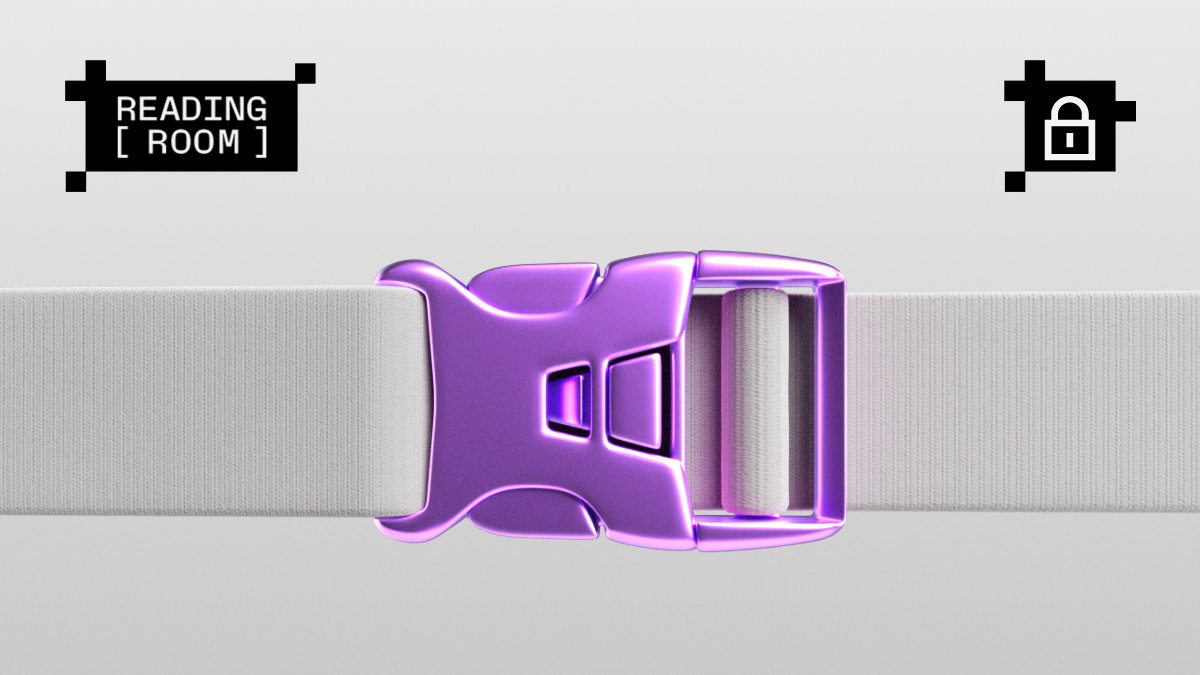
If you’re involved in the world of web3, you’ve likely come across the term “hardware wallets.” While most crypto wallets use public and private key pairs, hardware wallets take security to the next level. They store private keys in a specialized computer chip and allow you to sign transactions offline. This simple yet powerful feature has made hardware wallets the go-to choice for secure crypto storage.
So, what exactly is a hardware wallet, and how does it work? In this article, we’ll delve into the details and explore the key features and benefits of hardware wallets.
Contents
What Is a Hardware Wallet?
A hardware wallet is a physical device designed to store your private keys in an environment separated from the internet. It serves as a secure vault for your crypto assets and provides a way to sign transactions and interact with the blockchain. While hardware wallets can act as cold wallets, which never interact with smart contracts, they also offer other interesting use cases.
What Is a Hardware Wallet For?
Hardware wallets address the biggest risks faced by crypto owners—online threats. By keeping your keys offline, hardware wallets protect your assets from potential hackers. Additionally, hardware wallets allow you to interact with multiple blockchain networks and manage different types of assets from a single device. They also enable you to sign transactions offline, ensuring the safety of your private keys.
How Does a Hardware Wallet Work?
A hardware wallet relies on a combination of digital and physical features to ensure the security of your private keys. Firstly, it includes a computer chip that stores your private keys and the necessary firmware. Hardware wallets also require an operating system designed specifically for managing private keys. The interface for interacting with the blockchain runs on an internet-connected device, such as a smartphone or laptop. This allows you to sign transactions offline and keep your private keys protected from threats.
When processing a blockchain transaction, a hardware wallet presents you with the transaction details and prompts you to sign. Once you approve the transaction, the hardware wallet uses its computer chip’s private key to sign the transaction offline. The already signed transaction is then sent to the blockchain for processing, ensuring the security of your private keys.
Hardware Wallet Risks and How to Mitigate Them
While hardware wallets offer robust security, it’s essential to be aware of the risks involved and take necessary precautions. The security of your secret recovery phrase and private keys is paramount—anyone with access to them can control your crypto assets. Be sure to keep your recovery phrase hidden and avoid sharing it with anyone.
Another risk to consider is signing malicious smart contracts. While hardware wallets protect your assets from online threats, they cannot prevent you from signing malicious contracts. To mitigate this risk, segregate your assets into multiple accounts controlled by a single hardware wallet. By doing so, you can transact safely and ensure that even if one account is compromised, your other assets remain secure.
How To Choose and Use a Hardware Wallet
Choosing the right hardware wallet depends on factors such as purpose, flexibility, accessibility, and security. Ledger offers a range of hardware wallets, each tailored to specific needs. Whether you’re into NFTs or prefer simplicity, there’s a Ledger device for you.
To use a hardware wallet, start by connecting it to your computer or smartphone and installing the relevant interface software. During the setup process, your hardware wallet generates a secret recovery phrase, serving as the master key to all the accounts it protects. You can also migrate your existing crypto assets to your hardware wallet by creating new accounts for each asset and transferring your cryptocurrencies securely.
Ledger Crypto Security Solutions
Ledger is committed to providing crypto users with the tools and knowledge needed to navigate the web3 landscape with confidence. Their hardware wallets combine multiple security features to ensure the safety of your private keys. By understanding the risks and following best practices, you can securely manage your crypto assets.
Knowledge is power in the world of crypto, and hardware wallets are a powerful tool to protect your investments. With a hardware wallet, you can confidently explore the exciting potentials of the blockchain while keeping your assets secure.
For more information on hardware wallets and tips on choosing and using them effectively, visit Virtual Tech Vision.
FAQs
Q: What is a hardware wallet?
A: A hardware wallet is a physical device that securely stores your private keys offline, providing a secure way to manage and interact with your crypto assets.
Q: How does a hardware wallet work?
A: Hardware wallets use a combination of computer chips, operating systems, and interfaces to store private keys offline and sign transactions securely.
Q: How do hardware wallets mitigate risks?
A: Hardware wallets protect your assets by keeping your private keys offline and enabling you to sign transactions offline. Segregating your assets into multiple accounts also reduces the risk of signing malicious smart contracts.
Q: How do I choose a hardware wallet?
A: Consider factors such as purpose, flexibility, accessibility, and security when choosing a hardware wallet. Ledger offers a range of hardware wallets to cater to different needs.
Q: How do I use a hardware wallet?
A: To use a hardware wallet, connect it to your computer or smartphone, generate a secret recovery phrase, create accounts for your assets, and securely manage your crypto transactions.
Conclusion
Hardware wallets are an essential tool for crypto enthusiasts seeking robust security for their assets. By understanding how hardware wallets work and following best practices, you can confidently protect your private keys and manage your crypto investments. Visit Virtual Tech Vision to explore more about hardware wallets and gain valuable insights into the world of crypto security.







